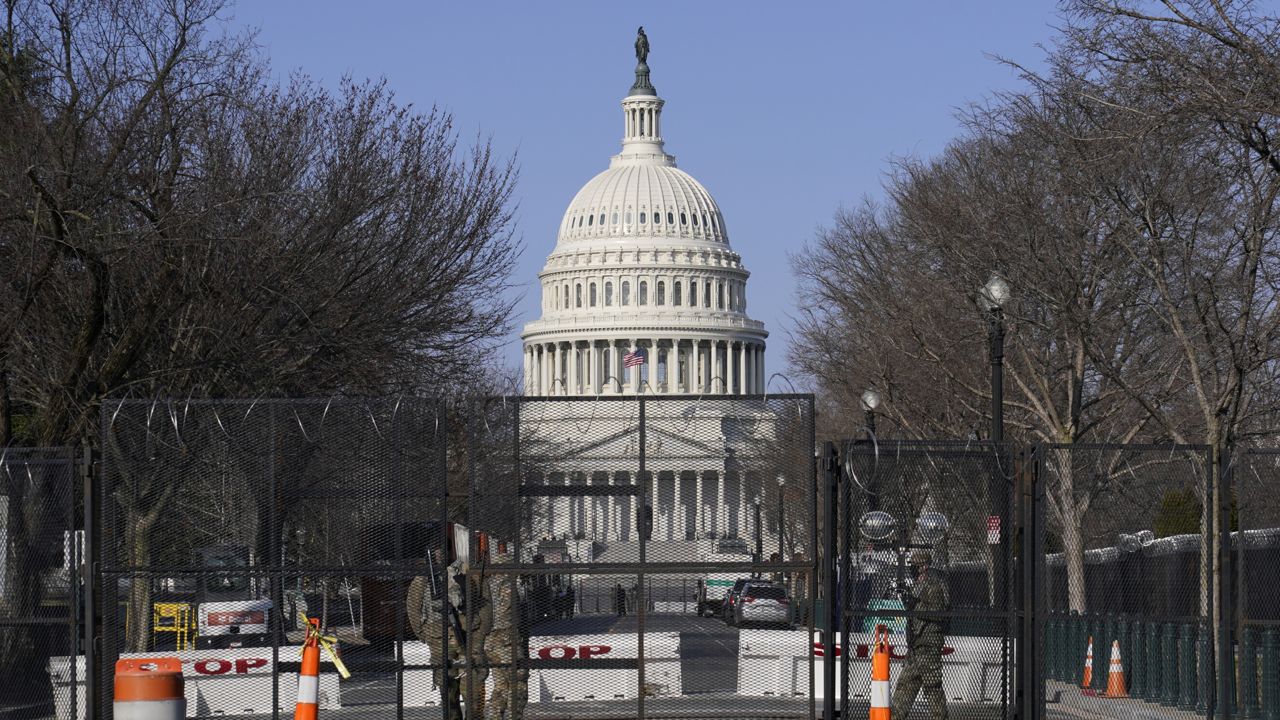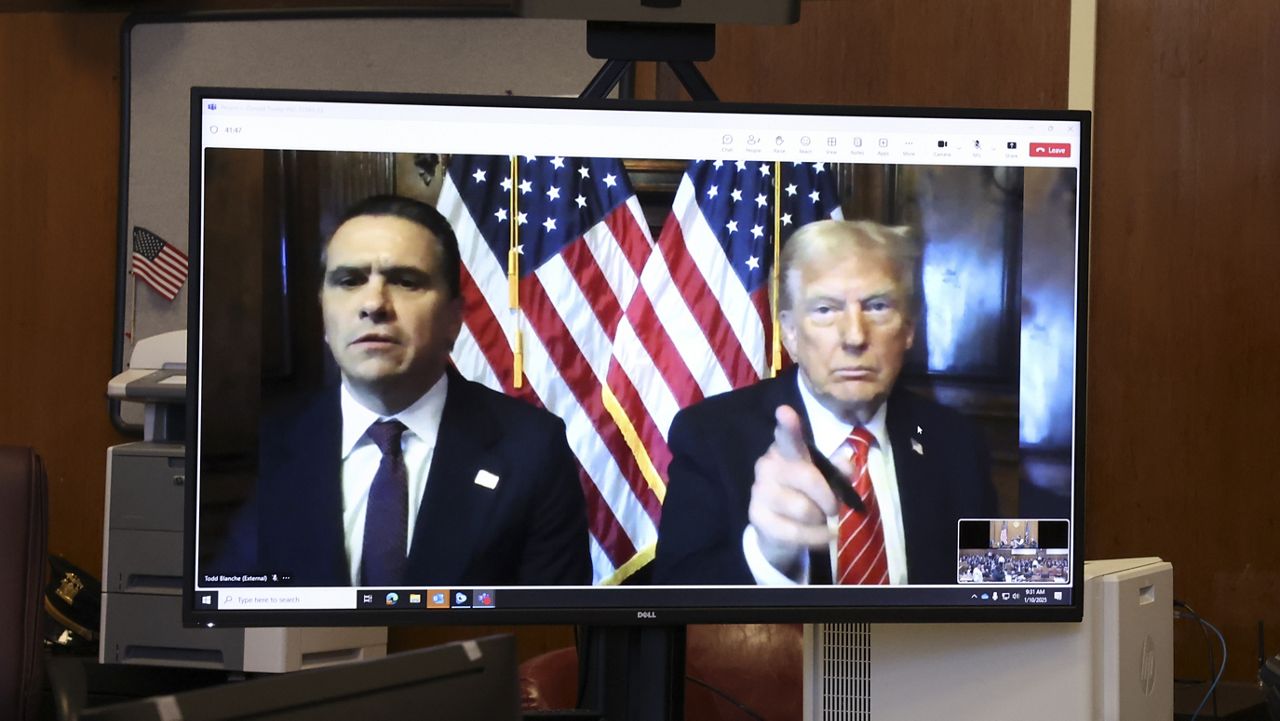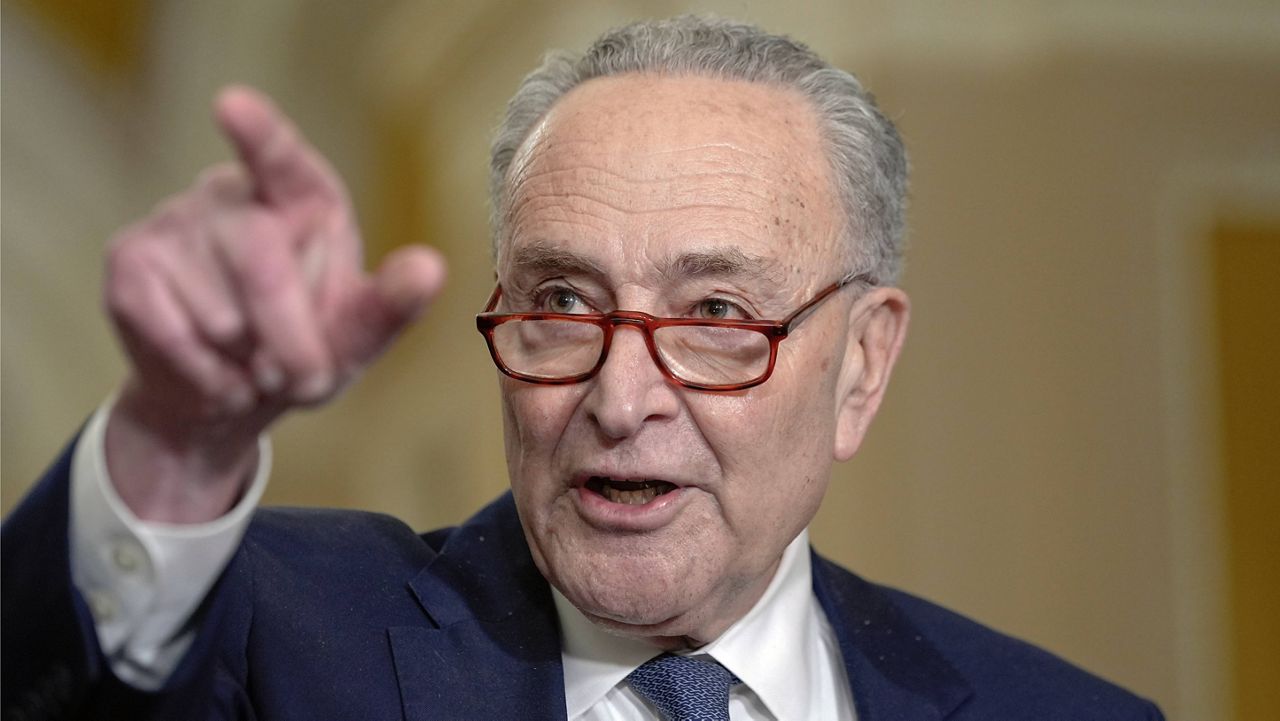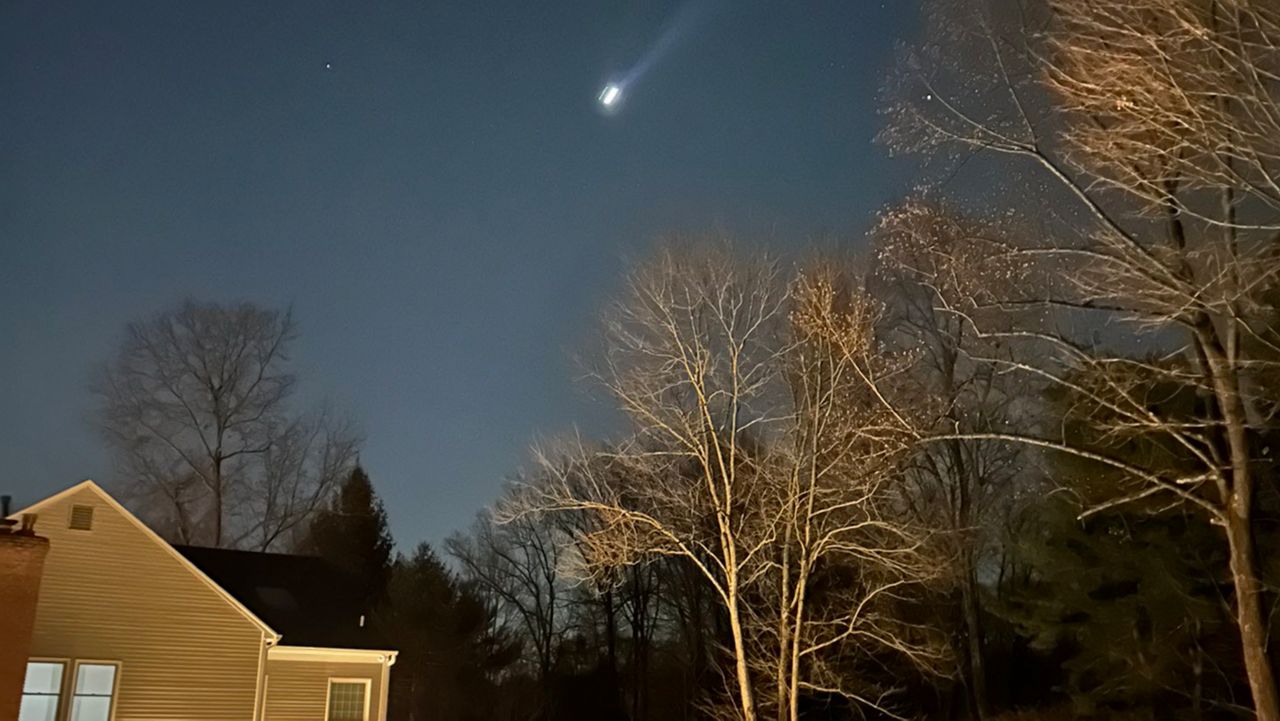In the wake of the violent insurrection on Capitol Hill on Jan. 6, House Speaker Nancy Pelosi ordered a non-partisan review to identify security failures that contributed to the breach and propose possible solutions to prevent such an event from happening again.
The findings of that review, led by Ret. Lieutenant General Russel L. Honoré, are being presented in front of several House committees on Monday.
“The breach of the U.S. Capitol on January 6 brought into stark relief the need to immediately improve the security of the Capitol Complex and the security of Congressional Members and Staff,” the report reads in part, adding: “Immediate action is therefore required.”
The report highlights the numerous challenges facing security forces on Jan. 6, saying Capitol Police were “understaffed, insufficiently equipped, and inadequately trained to secure the Capitol and Members when violently attacked by a large mob.”
The Capitol Police Board’s decision-making process proved “too slow and cumbersome” for effective reaction to the riot, the report adds; officers also failed to take full advantage of their highly-capable radio systems for ease of communication.
The report offers a number of immediate solutions to address these issues.
Many of the problems encountered on Jan. 6 could have been avoided with increased staffing. The report recommends that the Capitol Police fill all vacancies, which currently stands at 233 officers; calls on the Capitol Police Board to approve the Police Chief’s request for additional security from the National Guard, and says Congress should appropriate money for security systems for Member district offices and residences.
The national capitol is “a high-value target for foreign terrorists or domestic extremists,” the report adds. In order to better prepare for crises, the city should have a “dedicated quick reaction force,” one that should be “robust” and “dedicated” to the city to enhance security presence. The report proposes numerous methods to establish such a group, all of which would require support from the Executive Branch.
In total, the report recommends adding over 800 jobs, including hiring 350 officers required to decrease the amount of overtime currently being accrued, and 424 hires to “fill assessed capability gaps,” including “intelligence specialists, operational planners, supervisors, Civil Disturbance Unit (CDU) personnel and trainers, and dignitary protection agents.”
Another immediate concern for Congress is to “fund infrastructure contracts … to repair or replace doors and windows” that were damaged during the insurrection. The report also calls for an authorization of mobile fencing to surround the Capitol complex, with a proposal of another long-term assessment of perimeter fencing.
Some of the suggestions are more sweeping, and take aim at the underlying bureaucratic issues that hindered the performance of Capitol Police officers on Jan. 6.
One such proposal calls on both Congress and the Capitol Police Board to amend internal policies in order to future delays in crisis decision-making.
But by far the most comprehensive recommendation is for the Capitol Police as a whole, which the review says must “improve intelligence integration, develop daily intelligence summaries, and disseminate relevant and needed intelligence to front-line leaders,” in part.
While the review itself focused on the House side of the Capitol, many of the recommendations can be applied to the entirety of the Hill complex.
The security revamp will require a hefty budget, and Congress is expected to consider which segments of the recommendations to finance in the coming weeks.
House Minority Leader Kevin McCarthy expressed his displeasure with the review on Sunday, writing in a statement that Honore’s “notorious partisan bias calls into question the rationality of appointing him to lead this important security review.”
“It also raises the unacceptable possibility that the Speaker desired a certain result: turning the Capitol into a fortress,” the statement continued.








